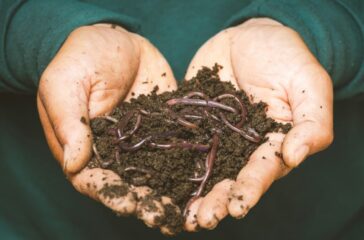Pesticide-treated seeds harm earthworms, study finds
By Shannon Kelleher
Commonly used pesticides pose a toxic threat to earthworms, creatures considered crucial for the health of soil used to grow crops, according to a new study published Wednesday.
 EWG
EWG